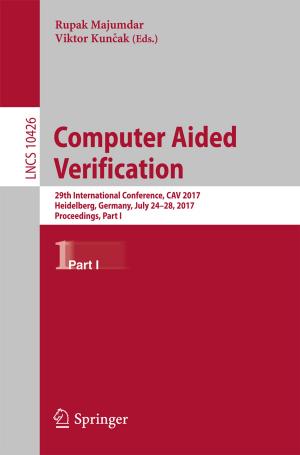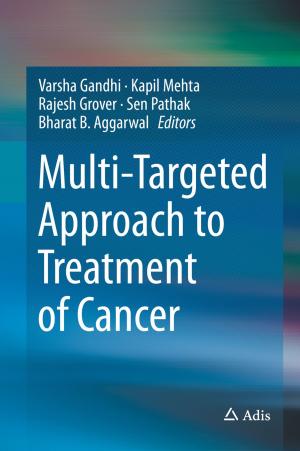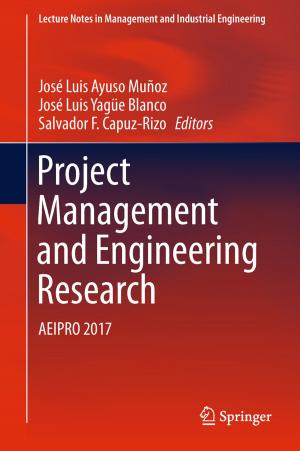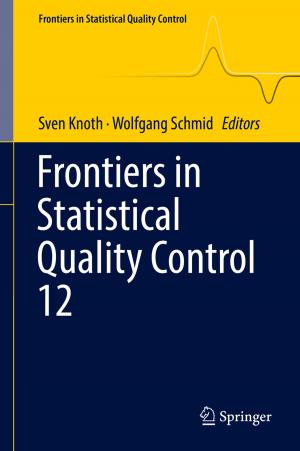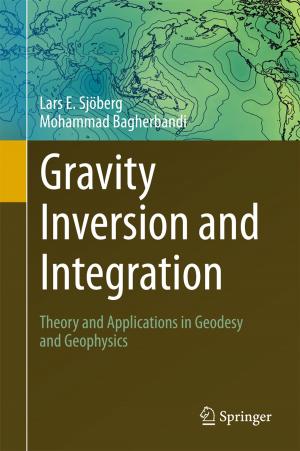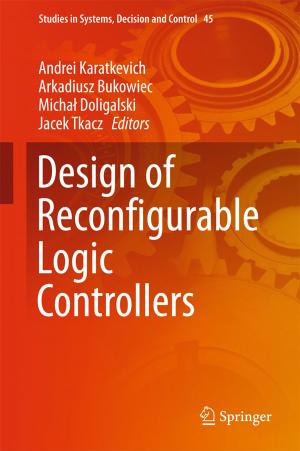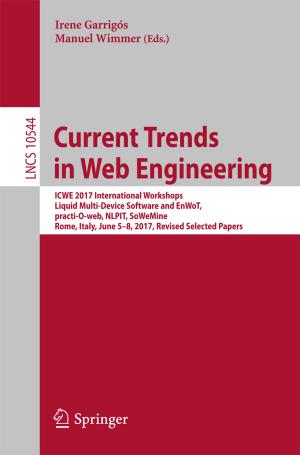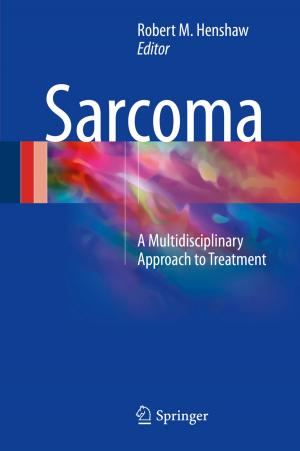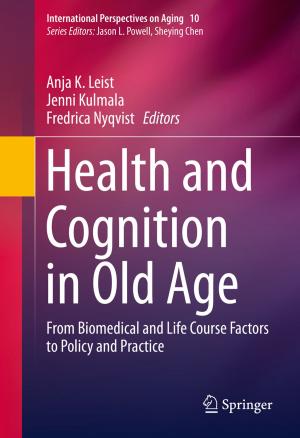Osteoporosis in Older Persons
Advances in Pathophysiology and Therapeutic Approaches
Nonfiction, Health & Well Being, Medical, Specialties, Geriatrics, Orthopedics| Author: | ISBN: | 9783319259765 | |
| Publisher: | Springer International Publishing | Publication: | July 11, 2016 |
| Imprint: | Springer | Language: | English |
| Author: | |
| ISBN: | 9783319259765 |
| Publisher: | Springer International Publishing |
| Publication: | July 11, 2016 |
| Imprint: | Springer |
| Language: | English |
This new edition includes the most up-to-date information about the pathophysiology and new therapeutic alternatives for osteoporosis of advanced age. It is written by investigators (clinicians and basic scientists) in the field of aging bone research.
It was just recently that a new syndrome, osteoporosis of advanced age, was recognized as a new entity with its own pathophysiology and potential treatments. Unfortunately, and despite the fact that hip fractures are mostly a consequence of this process, and apart from the first edition of this book, there are few publications about this subject.
The first edition of this book demonstrated that there is a need to understand the particular features of osteoporosis in older persons, which is the main aim of this book. The institutions where the authors are affiliated are highly recognized as the main centers in aging bone research. As an innovation, the second edition includes some aspects of muscle and bone interaction focusing of the impact of age-related muscle loss (sarcopenia) on the pathogenesis of falls and fractures in older persons. As in the previous edition, this book is expected to be the reference guide for geriatricians, gerontologists, and bone biologists as well as medical trainees in order to understand the mechanisms of senile osteoporosis with a practical approach to the treatment of its consequences.
This new edition includes the most up-to-date information about the pathophysiology and new therapeutic alternatives for osteoporosis of advanced age. It is written by investigators (clinicians and basic scientists) in the field of aging bone research.
It was just recently that a new syndrome, osteoporosis of advanced age, was recognized as a new entity with its own pathophysiology and potential treatments. Unfortunately, and despite the fact that hip fractures are mostly a consequence of this process, and apart from the first edition of this book, there are few publications about this subject.
The first edition of this book demonstrated that there is a need to understand the particular features of osteoporosis in older persons, which is the main aim of this book. The institutions where the authors are affiliated are highly recognized as the main centers in aging bone research. As an innovation, the second edition includes some aspects of muscle and bone interaction focusing of the impact of age-related muscle loss (sarcopenia) on the pathogenesis of falls and fractures in older persons. As in the previous edition, this book is expected to be the reference guide for geriatricians, gerontologists, and bone biologists as well as medical trainees in order to understand the mechanisms of senile osteoporosis with a practical approach to the treatment of its consequences.


